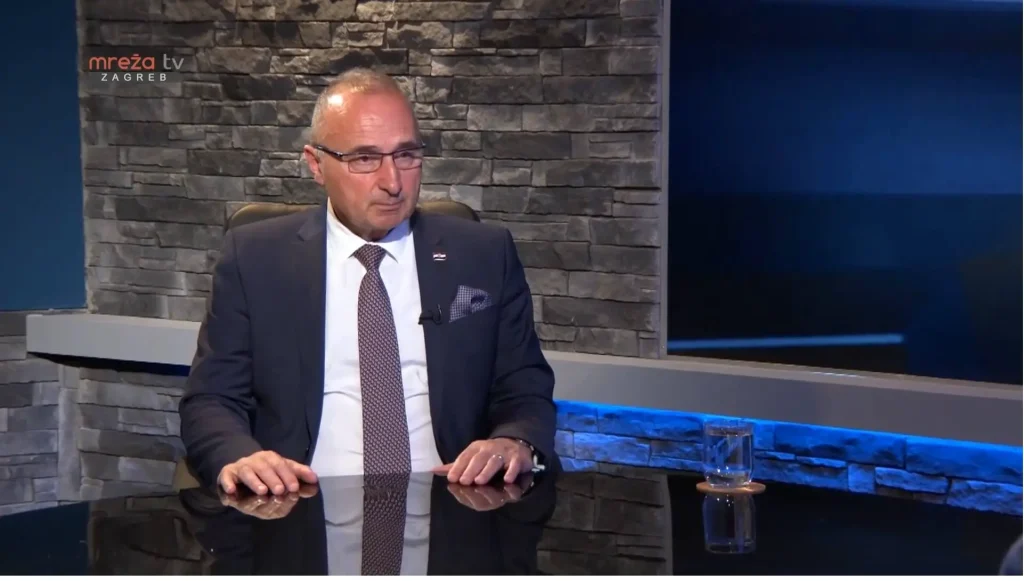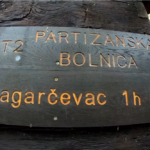“As a relic of the immediate post-war period, the post of the High Representative is today a manifestation of the lack of democracy in the political life of that country,” said Gordan Grlić Radman.
FAZ said that Croatia, which is not only Bosnia and Herzegovina’s only EU neighbour but also a signatory to the Dayton Accords, closely watched the arrival of the new High Representative, German politician Christian Schmidt, who took office on Sunday.
“Bosnia and Herzegovina is not a place for experiment. I say that not only as the Croatian foreign minister but as someone who was born in Bosnia and Herzgovina and whose family comes from there,” said Grlić Radman, referring to the so-called “Bonn Powers” which allow the High Representative to remove politicians and pass and repeal laws by decree.
Grlić Radman expressed reservations about the recent decision of High Representative Valentin Inzko to pass a law punishing the denial of genocide.
Proof of democratic deficit
“The High Representative has the right to use the Bonn powers but their application represents a democratic deficit which is not in accordance with Bosnia and Herzegovina’s European ambitions,” Grlić Radman said.
He also said that changing Bosnia and Herzegovina’s Constitution through decrees was no solution.
Issue of representative of Croats
Grlić Radman also thinks that centralist tendencies of some Bosniak politicians are not a solution either.
Croatia’s foreign minister said that Zagreb had been observing the “open practice” of excluding Croats from the political decision-making process for years.
When electing the members of the tripartite Presidency, a part of Bosniaks choose a candidate who is only seemingly a Croat candidate but in reality supports Bosniak interests, said Grlić Radman, as carried by FAZ.
Reform of election law needed
He said that Croatia had been advocating for years a reform of the election law, which would, for instance, through the reorganisation of electoral units make it impossible for Croats in Bosnia and Herzegovina to be overvoted when electing members of the presidency and the parliament.
According to Grlić Radman, that is a question of Croats electing their own representative and no longer being overvoted, not of creating a third entity, in addition to Republika Srpska and the Federation.
He stressed there was growing support for such an approach in the EU and expressed optimism about Christian Schmidt’s term of office.
“We look forward to cooperating with Christian Schmidt and we are certain that together with the EU and the U.S. he will encourage legitimate representatives of the constituent peoples to reach a compromise,” Grlić Radman told FAZ.For more about politics in Croatia, follow TCN’s dedicated page.











